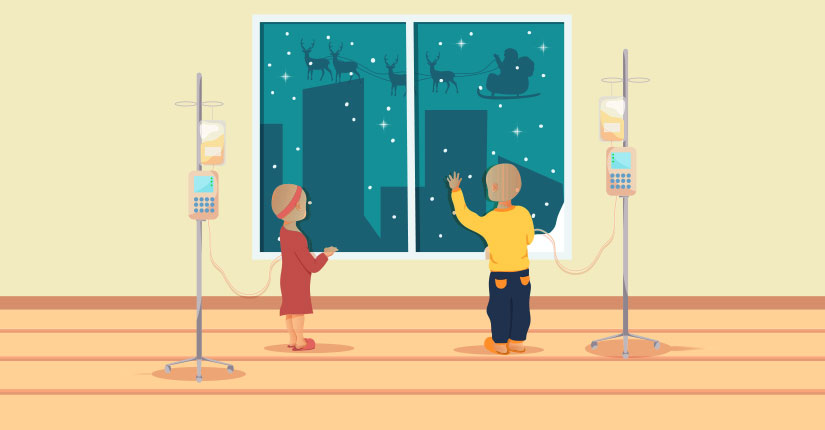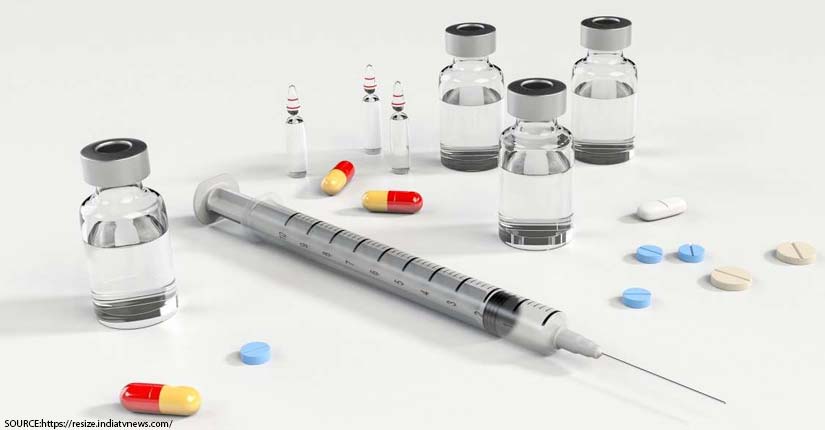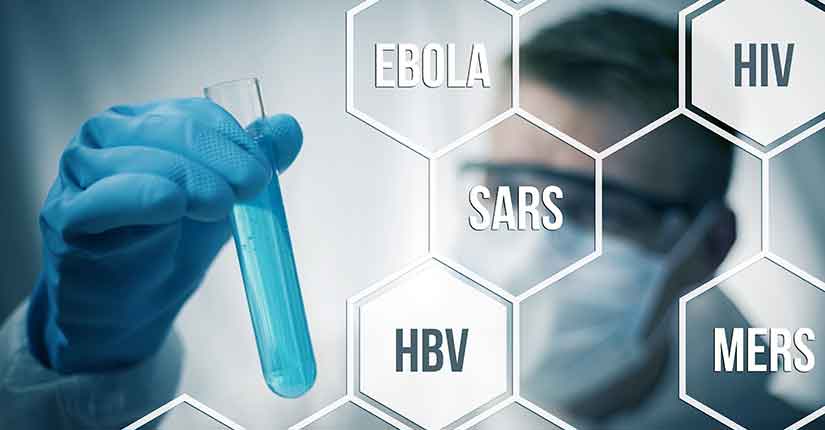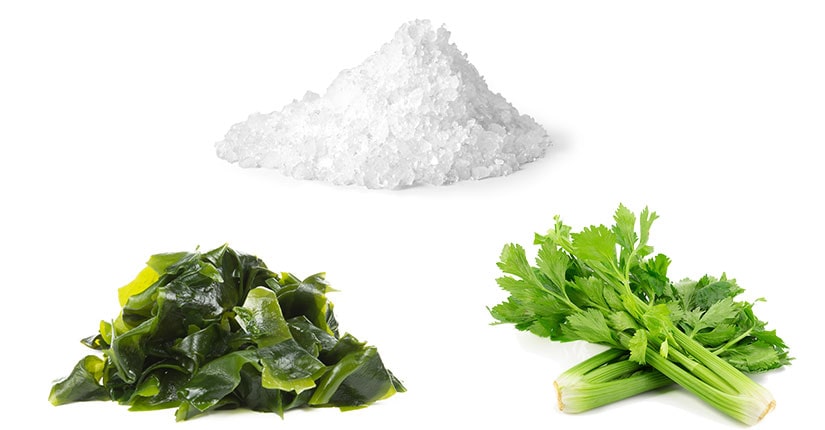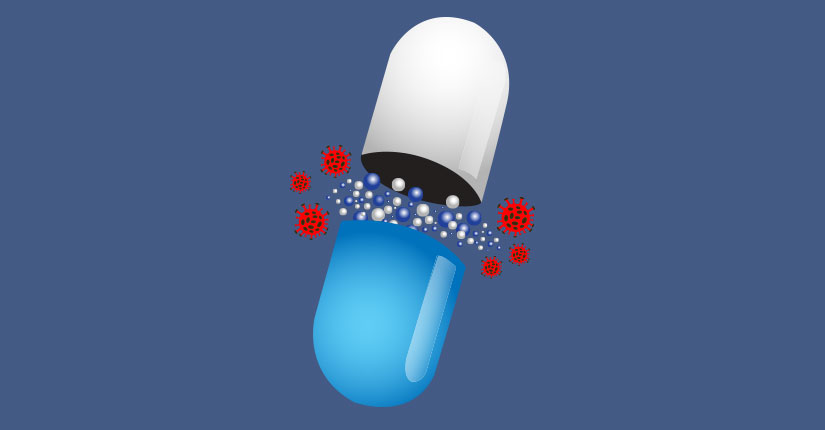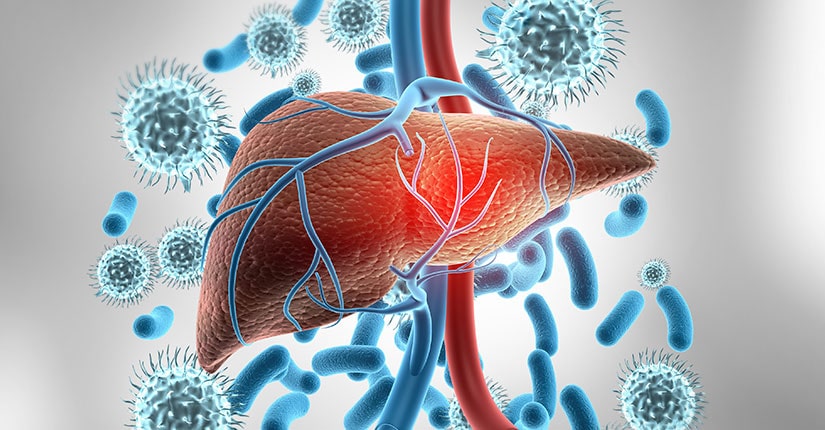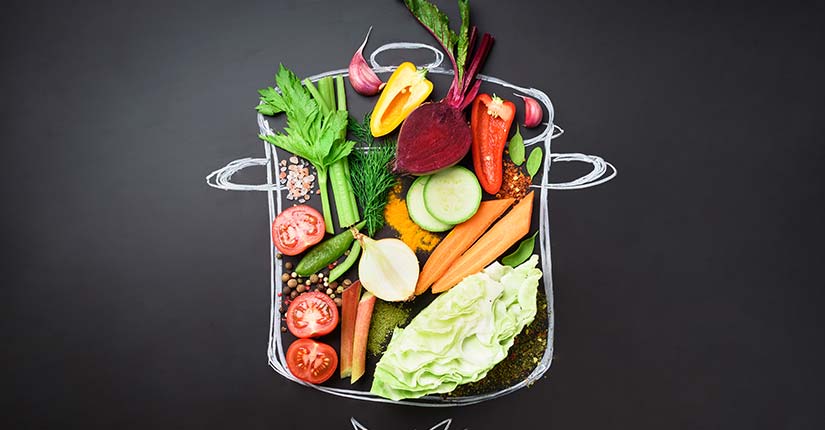PETA Reiterates Link of Coronavirus with Meat Consumption
By Nmami Life Editorial 08-Apr 2020 Reading Time: 5 Mins
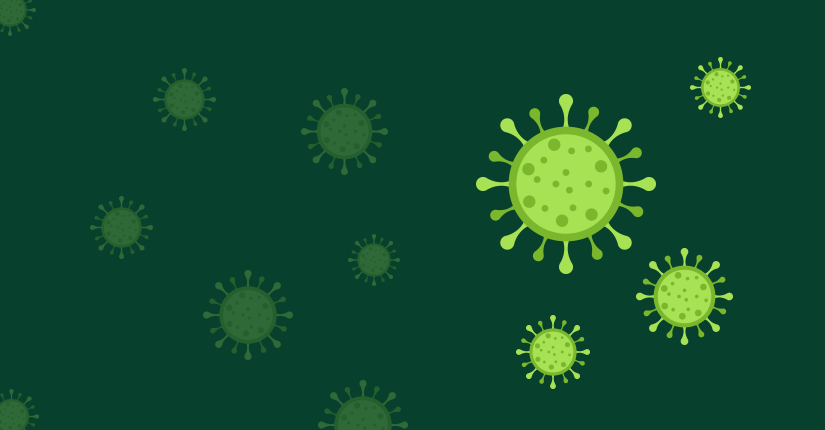
Recently, in an email, People for the Ethical Treatment of Animals (PETA) reiterated meat-eating habits could result in another coronavirus-like pandemic.
PETA objected to an article in The Print titled “PETA slammed for ‘being racist, spreading misinformation’ over coronavirus tweet” on the grounds that it is “misleading”.
According to the U.S. Center for Disease Control and Prevention, “About 75% of recently emerging infectious diseases affecting people began as diseases in animals.”
Public health experts believe COVID-19 originated at a “wet market” in Wuhan, China, where vendors sell both live and dead animals for human consumption and even butch them fresh. SARS, MERS and COVID-19 are similar as all three spread from animals to humans.
PETA stated that SARS originated in a similar wet market as coronavirus, ebola and HIV were linked to bushmeat (wild animal meat) while MERS is believed to have originated from consumption of raw milk or camel slaughter.
Can the meat industry be blamed for the coronavirus?
We can’t ignore the link between meat and outbreaks of diseases like COVID-19. Humans’ unnecessary demand for meat, eggs, and dairy means that huge numbers of animals are reared and treated with chemicals in intensive confinement in untidy warehouses.
Chickens, cows, pigs, and other animals are crammed together in small cages or faeces-ridden sheds. They are transported in unhygienic trucks and slaughtered on killing floors soaked with blood, urine, and other bodily fluids.
Pathogens are expected to grow in such conditions. Crowded farms are an easy breeding ground for new strains of dangerous bacteria and viruses.
Staying away from animal-derived foods at all times could be of use. Due to cruelty to animals and the meat, egg, and dairy industries’ causing damage to the planet, it is better to avoid meat. The risk of suffering from heart disease, diabetes, cancer, and other ailments also increases and the significant risk of contracting foodborne pathogens such as coli and salmonella has more chances. The rampant use of antibiotics in animals reared for meat around the world, which contributes to the emergence of superbugs and antibiotic resistance in humans.
The World Health Organization mentioned that to protect yourself, such as when visiting live animal markets, avoid direct contact with animals and surfaces in contact with animals. Ensure good food safety practices during all times. Handle raw meat, milk or animal organs with extra care and hygiene to avoid contamination of uncooked foods and avoid consuming raw or undercooked animal products.
For animals, the environment, and your own health, going vegan is your safest option. Yes, even after the COVID-19 pandemic subsides.
The link between meat and the coronavirus
As the outbreak of the novel coronavirus (COVID-19) grips the world, people are told to isolate, quarantine, and they still wonder just how we got here. PETA has long warned about the health risks associated with meat consumption. After all, raising animals for food in unhygienic conditions makes it an easy breeding ground for diseases that can be transmitted to humans.
Over to you
While we still doubt if coronavirus would exist if we were a part of the vegan world but what’s clear is that there definitely lies risk in including animals in your diet. We should not continue to bury our heads and stop for a while to give a thought before buying meat. After all, we cannot deny the fact that zoonotic diseases have some connection to humans consuming meat and further in spreading pandemic. Although there is a scope of more detailed and extensive research on same.

